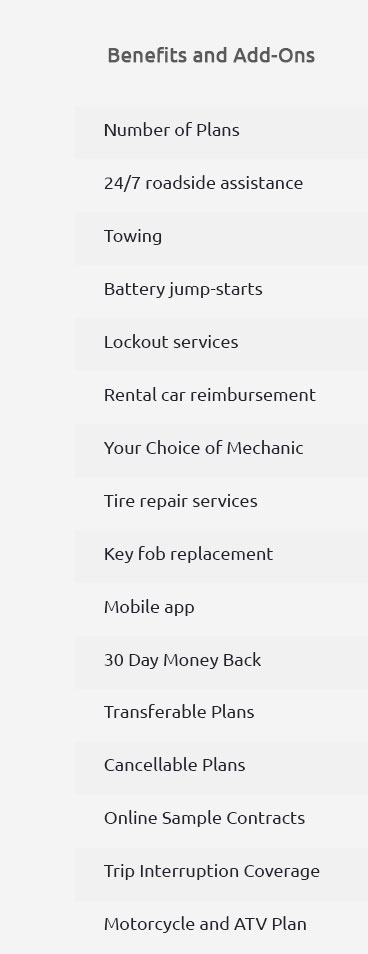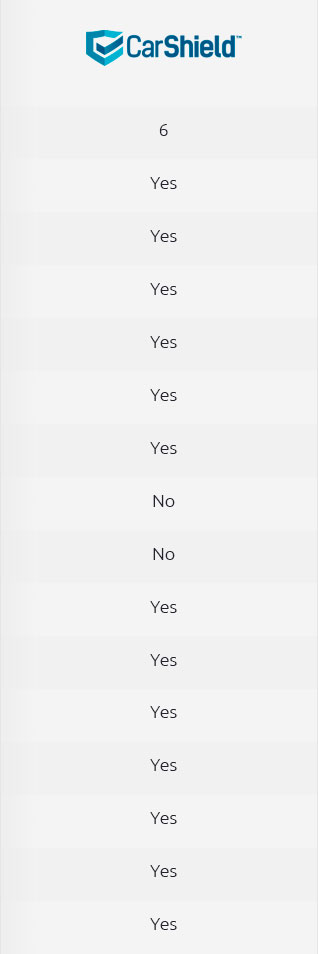 |
 |
 |
 |
 |
|||
 |
|||
 |
 |
 |
|
 |
|||
 |
|
 |
|
 |
|
 |
|
 |
|
 |
|
 |
|
 |
|

Warranty Coverage: A Comprehensive Guide for U.S. Vehicle OwnersUnderstanding warranty coverage is essential for U.S. consumers looking to safeguard their vehicle investment. Whether you're a new car owner or considering an extended warranty, this guide will help you navigate the options, focusing on vehicle protection, repair costs, and the benefits of extended auto warranties. The Basics of Warranty CoverageVehicle warranties are designed to provide peace of mind by covering specific repair costs, helping you avoid unexpected expenses. In the U.S., these warranties typically cover defects and certain repair needs that arise within a predetermined period or mileage. Types of Vehicle Warranties
Benefits of Extended Auto WarrantiesExtended warranties can offer significant cost savings and enhanced protection. Here are some benefits:
For instance, a mercedes extended warranty cost analysis shows how such plans can be financially beneficial for premium vehicle owners in New York and Los Angeles. What Does an Extended Warranty Cover?While coverage varies, most extended warranties include:
FAQs about Warranty CoverageWhat is typically not covered by an extended auto warranty?Most extended warranties exclude regular maintenance items like oil changes, brake pads, and tires, as well as damage from accidents or misuse. Can I purchase an extended warranty after my manufacturer's warranty expires?Yes, many providers offer extended warranties even after the manufacturer's warranty has expired, though terms and costs may vary. Are extended warranties transferable if I sell my car?Most extended warranties are transferable, which can be an attractive feature for potential buyers and may enhance your car's resale value. In conclusion, understanding the intricacies of warranty coverage can provide U.S. vehicle owners with peace of mind and financial protection. Whether you're exploring options in Chicago or Miami, the right coverage can make a significant difference in managing long-term vehicle expenses. https://www.investopedia.com/terms/w/warranty.asp
Warranties provide a guarantee about the condition of goods and services purchased, providing an assurance that they are as advertised. They are generally only ... https://www.kbb.com/car-advice/car-warranty-guide/
Car warranties operate for a set period or distance in miles. The typical auto warranty coverage is three years/36,000 miles. That means the warranty would ... https://checkcoverage.apple.com/
Check your Apple warranty status. Enter a serial number to review your eligibility for support and extended coverage.
|